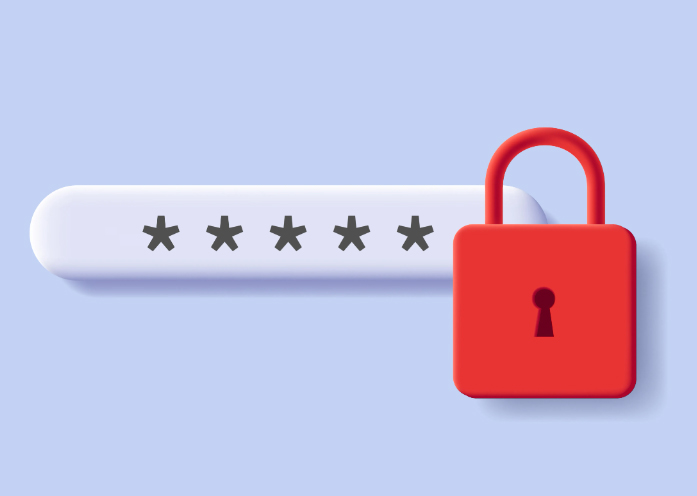|
The leak poses significant risks, including increased potential for credential stuffing and brute force attacks. Cybersecurity experts warn that this could lead to unauthorized access to various online accounts, financial fraud, and identity theft. However, some experts suggest that the incremental risk may not be as dramatic as it seems, given the already vast number of leaked passwords in circulation.
In response to this threat, users are advised to use unique, complex passwords for each online account and to employ password managers. Implementing multi-factor authentication wherever possible is also strongly recommended. Experts emphasize that the real issue lies in the widespread lack of robust authentication methods across organizations.
This incident underscores the ongoing need for improved cybersecurity practices at both individual and organizational levels. It also highlights potential gaps in current regulations regarding password security and authentication methods for online services. As cyber threats continue to evolve, maintaining vigilance and adopting strong security measures remains crucial for protecting personal and sensitive information in the digital age

The best security measure a person can take to protect themselves online is to implement a multi-layered approach that combines several practices. Here's a concise overview of the most effective strategies:
Use a password manager: This allows you to generate and store unique, complex passwords for each account without having to remember them all. Popular options include 1Password, LastPass, and Bitwarden.
Enable multi-factor authentication (MFA): This adds an extra layer of security beyond just a password. Whenever possible, use app-based authenticators rather than SMS-based ones for better security.
Regularly update software: Keep your operating system, browsers, and apps up-to-date to protect against known vulnerabilities.
Use strong, unique passwords: If not using a password manager, ensure each account has a different, complex password. Avoid using easily guessable information.
Be cautious with personal information: Limit what you share online and be wary of phishing attempts asking for sensitive data.
Use a VPN: Especially on public Wi-Fi networks, a VPN can encrypt your internet traffic and protect your privacy.
Regularly monitor your accounts: Check your financial and email accounts for any suspicious activity.
Use encrypted messaging apps: For sensitive communications, use end-to-end encrypted messaging services.
Backup your data: Regularly back up important information to protect against data loss from ransomware or device failure.
Educate yourself: Stay informed about current cybersecurity threats and best practices.
By combining these measures, you can significantly enhance your online security and protect yourself against most common cyber threats.
Resources:
Posted on: Jul 7 2024
|